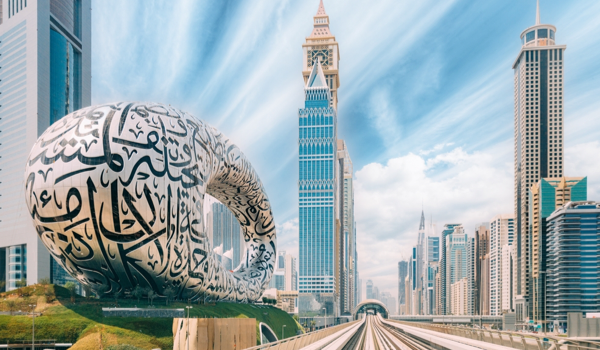


ABU DHABI -
“Whoever [leads] the Artificial Intelligence race will lead the future. This technology will change the world.”
UAE Artificial Intelligence Minister Omar Sultan Al Olama
A previous post examined the various stakeholders contributing to the United Arab Emirates’ ambitious National Artificial Intelligence Strategy 2031. This one focuses on the individual's role in shaping the ongoing artificial intelligence (AI) revolution.
UAE+AI
The UAE is an elective monarchy comprising seven emirates - the capital Abu Dhabi, largest city Dubai, Ajman, Fujairah, Ras Al Khaimah, Sharjah and Umm Al Quwain. Their respective rulers collectively elect a president - Sheikh Mohamed bin Zayed Al Nahyan is the incumbent, with Sheikh Mohammed bin Rashid Al Maktoum and Sheikh Mansour bin Zayed Al Nahyan as vice presidents - from among themselves. The country’s 2013 population was 9.2 million: 1.4 million Emirati citizens and 7.8 million expatriates. This year’s population is roughly 10.2 million. Islam is the state religion, and Arabic the official language. Its location at the southeast corner of the Arabian Peninsula confers both oil wealth and makes the UAE a natural gateway to the MENA (Middle East and North Africa) region.
Ruler of Dubai Sheikh Mohammed bin Rashid first proposed the idea of wholly-digital governance in the early 2000s, Omar Sultan Al Olama - the UAE’s and the world’s first AI minister - told Israeli media in an interview. This visionary concept was fully consummated when the UAE achieved the status of having the world’s first paperless government in 2021.
Sinc
The content herein is subject to copyright by The Yuan. All rights reserved. The content of the services is owned or licensed to The Yuan. Such content from The Yuan may be shared and reprinted but must clearly identify The Yuan as its original source. Content from a third-party copyright holder identified in the copyright notice contained in such third party’s content appearing in The Yuan must likewise be clearly labeled as such. Continue with Linkedin
Continue with Linkedin
 Continue with Google
Continue with Google










 1255 views
1255 views







